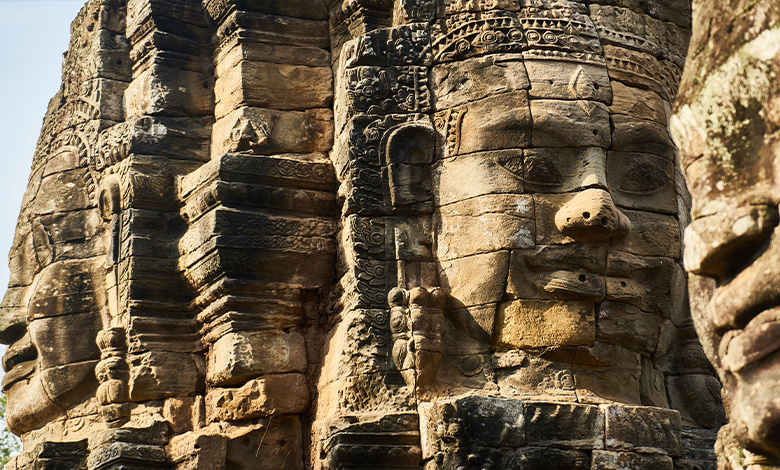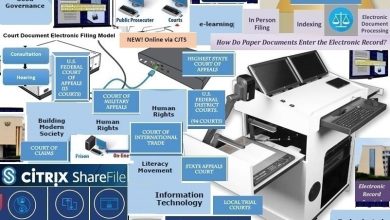
Mr. Ghosh, can you tell us more about yourself?

A trainee in the field of Archaeology with a specific interest in the study of Cultural Heritage, I am currently pursuing my M.Phil degree in Ancient Indian History, Culture, and Archaeology from Visva-Bharati University in India.
I have participated in a couple of archaeological excavations and explorations in India since 2016. These are some of the examples which helped me to gain practical knowledge in this field of study. I have also worked as a documentation assistant in the project of ‘National Mission on Monuments and Antiquities’, led by the Ministry of Culture, Govt. of India during 2016 – 17 season.
Apart from that, I have been associated with organizing events related to Gender-Equality during my Masters course. I also hold a keen interest in poetry writing and with the blessings of my well-wishers, I, somehow have managed to publish my first book on a small collection of poetry in Bengali language (my mother tongue) in October 2019.
Do you think that knowing our past is essential for the development of today’s society? Why?
Yes, definitely it is. Our culture is anyhow a major component of our own identity. Thus, it is not only essential to know about this but also, we should establish our belongingness to our culture.
The real reason for the emphasis on understanding the past culture is to understand the process behind our evolution, in terms of biological, cultural, social, and so on. Knowing this process can help us to understand our present position as a human being.
In this way, the study of our past culture is beneficial for us. Firstly, it helps to preserve our own identity. Secondly, it helps us to locate the trials and errors done in the past, which, somehow, definitely can lead us to make a better future for us and our successors.
In your opinion, are modern digital technologies helpful for archaeology? How?
Progressive developments in the field of modern digital technologies are a boon to the discipline of Archaeology. Digitization, as a part of this package, has been shaping archaeology through several innovative ways.
For example, I would like to quote a kind of exponential growth in the application of ‘Virtual Models’ by museums, educational institutions, private organizations, and so on. This concept of virtual models not only helps in disseminating the knowledge about our cultural heritage but also, it somehow democratizes our culture, which denotes to the easy and open accessibilities.
Apart from this, podcasts and blogging platforms are some of the digital realms working innovatively in the application of digital technologies in the study of archaeology and cultural heritage.
Here, one aspect must be noted. It is, keeping them as lively as they are in their physical form while initiating the digitization process. The belongingness or in other words, the emotional and psychological connections of us, the stakeholder of our culture must be fused in the digitization process. Then only, its optimum use can be possible. And, of course, it will also help in promoting the cause of archaeology and its need in today’s society.
What is the best way to make more people feel engaged on archaeology, culture, and preservation of historical monuments?
Well, it is the most crucial aspect of heritage studies. While we talk about engaging the people with the preservation of our culture, we must remind one thing – it is not all about just making them aware of big archaeological sites or historical monuments. We must consider the way they perceive the past.
Thus, emphasis on the study of ‘Local History’ as well as ‘Ethno-archaeology’ is very important, specifically for a country like India which has huge possibilities in these fields of study.
Apart from these, we must include the local people in the process of documentation of any cultural heritage. This helps in the inception of their belongingness towards cultural heritage.
How can blogging and social media presence increase the overall interest in heritage preservation?
Let’s first consider the platform of blogging. I would like to mention that I, myself have been working as a part-time blogger at www.ancientegyptianfacts.com for more than two years. Here, I usually write short and simple blogs on the cultural heritage of ancient Egypt, particularly for school children centric audiences, and it has a fair good organic traffic on a regular basis.
Thus, based on my experience, I can say that, yes, blogging can really grow overall interest in heritage awareness and preservation. Although, there are some points that need some serious consideration such as the use of methodologies in writing the blogs, the use of primary resources, authenticity and reliability of the data, etc. These points should be seriously taken into consideration while blogging for heritage awareness.
Now, let’s talk about social media presence. Well, it has both positive and negative impacts on the study of archaeology and cultural heritage. Nowadays, every other person is a ‘Social Media Scholar’ and that’s a serious issue as it really makes the social media environment every chaotic.
Thus, using social media in a sensible manner is important in this regard. It should not be operated through a specific ideologically driven way. Because, in this era of ‘Post-Truth’, where truth is becoming what the majority believes to be the truth, there are serious consequences in using social media for any kind of heritage awareness as it may be used as a shield for personal or organizational gain.
Lastly, I would like to say that we always should focus on the positive side of these platforms and try to enhance it to reach the optimum purpose of heritage awareness campaigns or activities.











